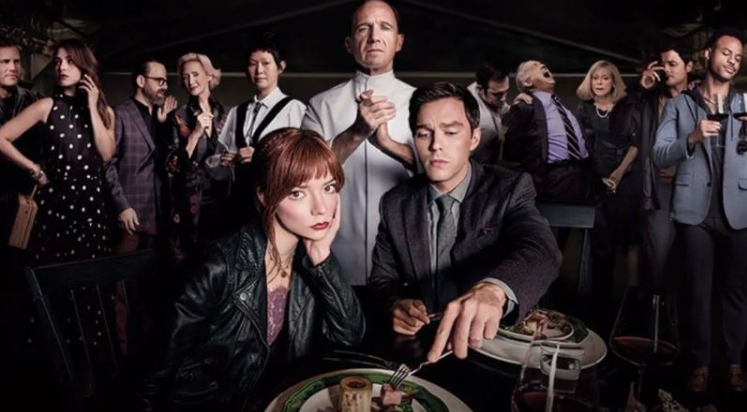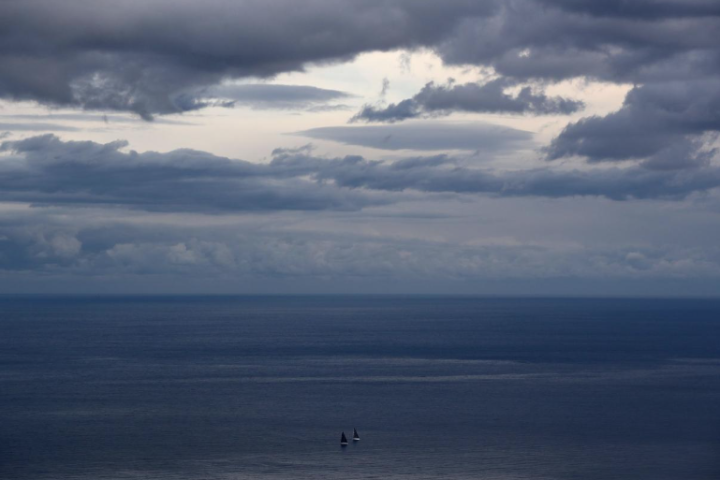It is a very successful movie in terms of depiction. The atmosphere of the restaurant, the dishes, and the operation are perfectly reflected. Important problems of the sector such as the discipline of the employees, their inhuman working tempo, their helplessness against mobbing, and harassment are reflected. Although it seems illogical that they do whatever the chef says without questioning, it is actually a symbol of the unquestionable authority of the chefs – especially such high-level chefs – that actually exist.
I want to go a little further and ask if the chef symbolizes God. The island represents the earth. The workers are the people who produce by laboring and respecting the blessings of nature. The customers are the people who exploit these blessings and take more than their due. The pictures on the tortillas support that Slowik is the one who sees all sins. He respects a laborer, even if she is a prostitute, more than any of the people there, and even feeds her and dismisses her. In the end, he sees the distortions of the world he has created, including his own, and brings the apocalypse.
Six tables, with each table representing a sin:
Greed.
“Fund boys. You will eat less than you desire, but more than you deserve.” Whispered to one of the fund boys, this phrase tells us that these people, who produce nothing and only take, are not even worthy of bread, the food of the poor and the greatest blessing.
Gluttony, i.e., craving.
Tyler. One of the definitions of this sin is the constant pursuit of delicacies prepared in complicated ways, the pursuit of taste buds. Tyler was so caught up in himself that he even risked death. In this way, he is also like a radical religious person. He tries to be perfect, but he can’t stop sinning (taking photos, reaching for someone else’s food). He is always very anxious and embarrassed because his sins are seen. He thinks there is some wisdom in himself because he is so religious. When he realizes there is none, he commits suicide.
Lust, which means lust.
Old husband. Their absent daughter has run away or died, probably because she was a victim of incest. He is still seeking self-gratification with prostitutes who look like her. His wife is oblivious. There is no conversation between them because of the gravity of this event. They come again and again to this restaurant where it is almost impossible to find a seat, not even knowing what they are eating.
Envy, i.e., envy.
Critics. They first discover a talent they don’t have, they bring it to the top with fancy words. Then they are satisfied by looking for microscopic flaws and pushing it down from that peak.
Pride, that is, arrogance.
Actor. Now there are so many signs, from fans harassing me to the lie that the chef will be my friend.
Sloth – lethargy.
I attributed this sin to the mother. Just drinking all night long without saying anything, just being fed up with life. Her son protected him against his father when he was a little boy, but obviously his mother did not protect him. Because of his mother’s lack of action, Slowik was perhaps punished very badly or thrown out of the house.
That leaves the seventh sin, wrath. The stabbing of his father when he was young, what he did to his employees, and of course, his wrath at the end.





